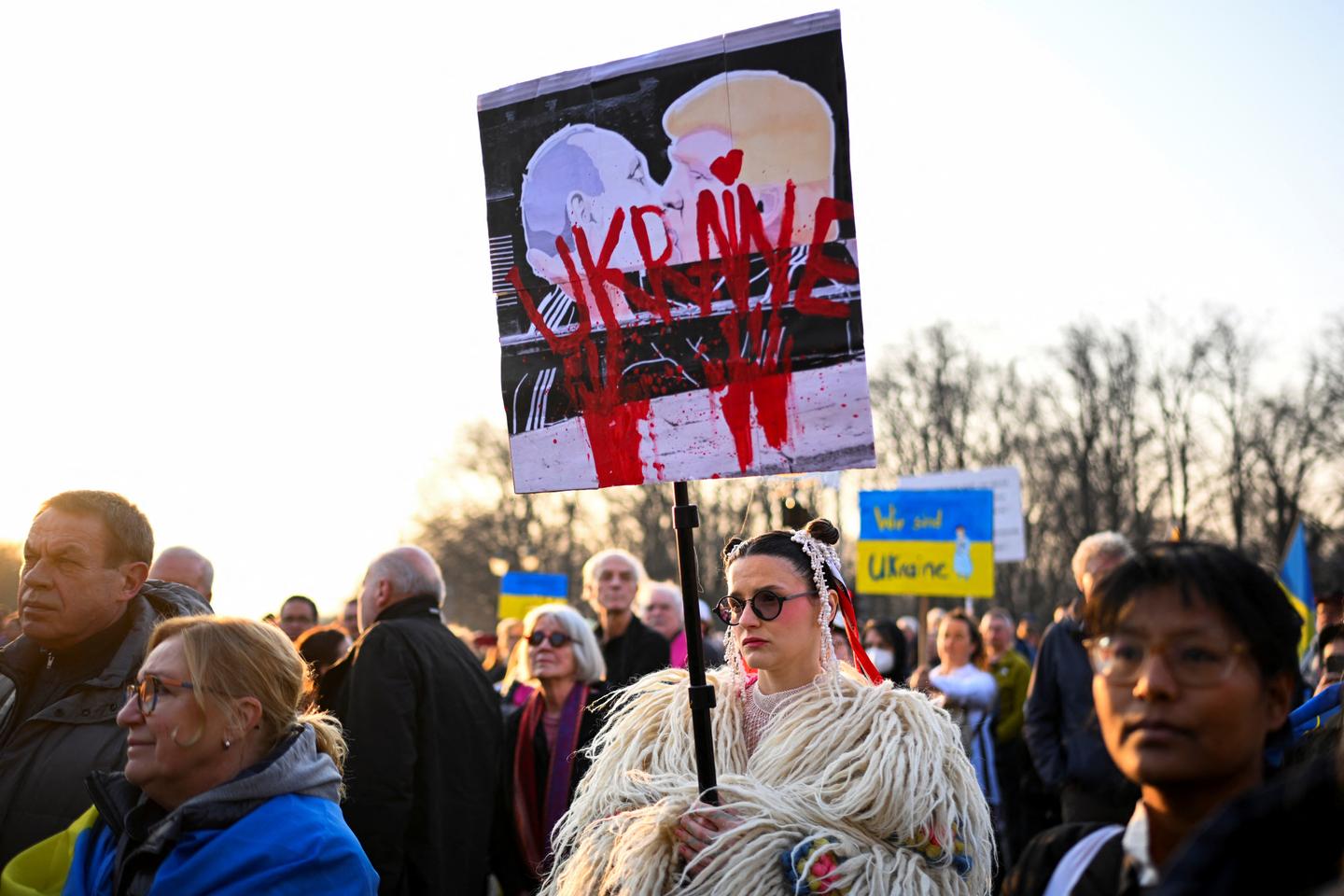


"Unprecedented since 1945..." Whether we're talking about the world order, the principle of the inviolability of borders or the American abandonment of Europe, never has the year 1945, which marks the end of the Second World War, served so well as a reference point for understanding the historical upheavals we're living through. Yet that year also corresponds to the time when, after the victory over Nazism, the democracies of Western Europe "rebuilt themselves through law," to use law professor Aurore Gaillet's words about Germany. The "never again" demand inspired a whole architecture of national and international institutions designed to refound political systems and relations between states on the basis of respect for fundamental human rights, the disregard for which had plunged the continent toward catastrophe.
The protection of individuals against arbitrary action, equality before the law, the separation of powers, and the principle of legality – in other words, the submission of the administration to the law, itself respectful of the Constitution and human rights – are not exclusive to Europe. However, since 1945, these principles have brought an invaluable gain: peace on the continent. An expression that served as a banner for opponents of the oppressive regimes of Franco's Spain, the USSR and its Eastern European satellites has come to designate this legal bloc that guarantees pluralist democracies: the "rule of law."
If Donald Trump's re-election marks a break in the post-1945 era, it is because it seals a de facto alliance with Vladimir Putin not only to dismantle international cooperation bodies, but to break up a power deemed hostile: the European Union (EU). To achieve this, the American president, like his Russian counterpart, is banking on the far right taking power in the 27 member states, as evidenced by the speech of his right-hand man, JD Vance, at the Munich Security Conference in mid-February.
You have 65.11% of this article left to read. The rest is for subscribers only.
